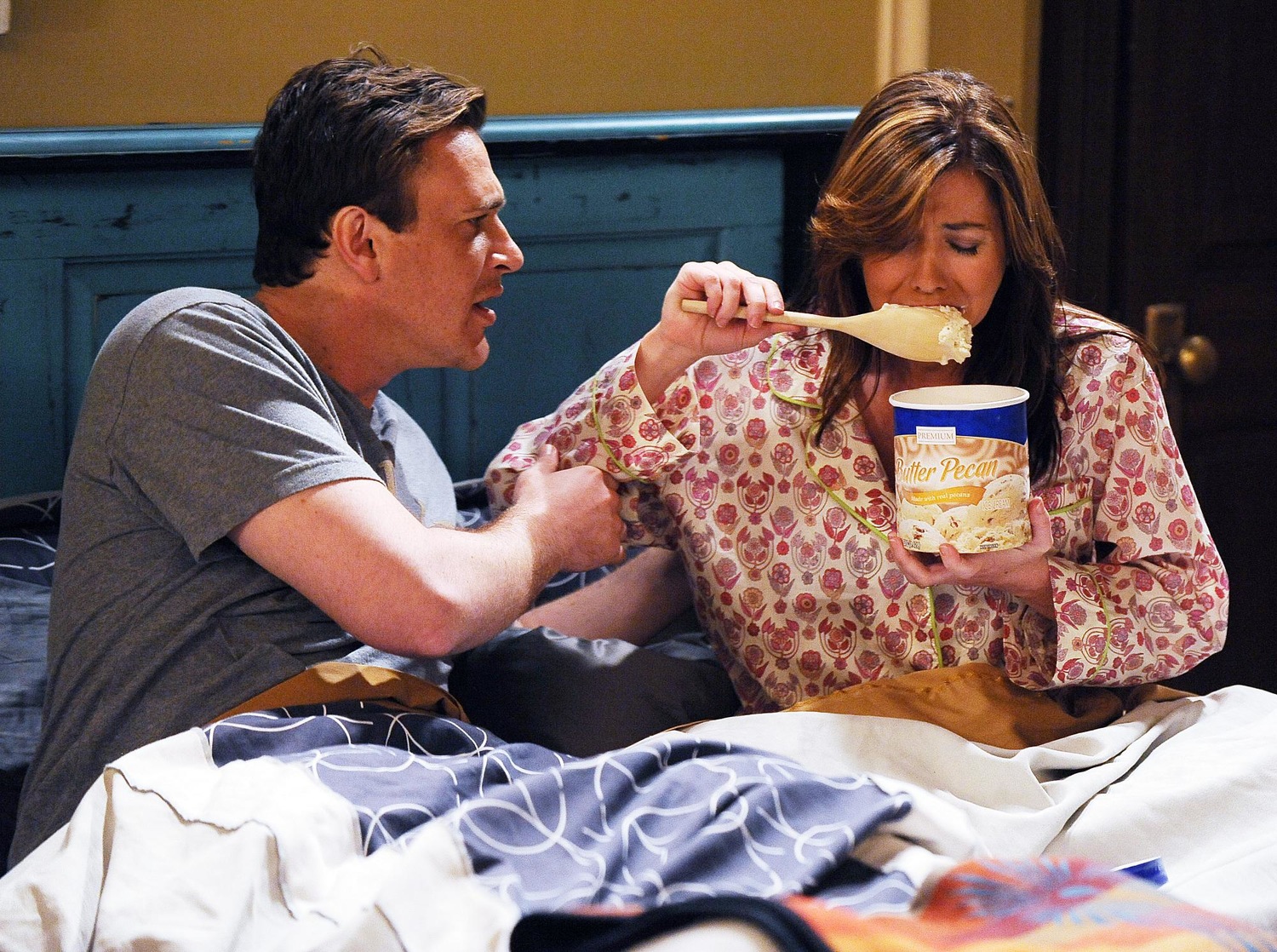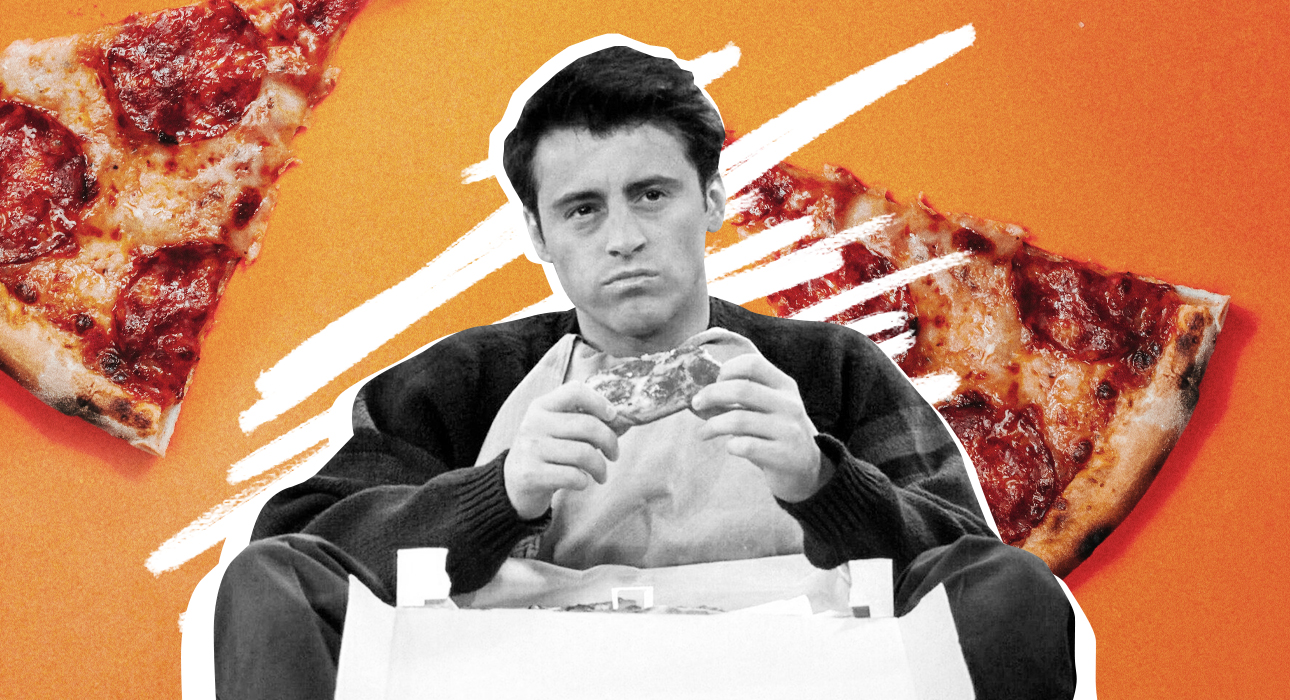Eating disorder (EDD) is one of the most common among the entire population of the planet. According to statistics from the American National Institutes of Health, one in five children aged 9 to 14 and one in eight children aged 16 to 24 suffer from this problem.
Anything can cause an eating disorder to develop: be it the mother’s urgent desire to finish the soup all the way through, or a great-aunt’s “how strong you are” expression that is completely harmless at first. glance Then this leads to a complex relationship with food that affects not only the state of health, but also the psyche. A person feels safe only when he eats all the problems he has to face.
Careful calorie counting, strict dietary restrictions, and a constant feeling of guilt about what you eat are facts experienced by many people with eating disorders.
Analytical psychologist Olga Makarova, a The Fashion Vibes columnist, talks about what causes such a disorder and why an unhealthy relationship often develops with food.

Olga Makarova, psychologist
Food is available from the first day in human life. And for a child, for a while, this is almost the main way of interacting with his mother. The first relationship in our life is with my mother. And they are actually sorted by nutrition: first the umbilical cord, then the breast/bottle, then complementary foods, etc. Is it any wonder that food plays such a large role in human life and that so much attention is paid to this issue in general?
In general, all people depend on food in some way. It’s a fact: you have to eat every day. And for everyone, the mood affects appetite and attitude to food. A stressed person does not swallow a piece, on the contrary, someone eats more. This is not a disorder per se, food is associated with safety for us, because in infancy we all found solace in milk when we cried. And in many families, food is the mother tongue of love, and then children of all ages receive a delicious pie or candy instead of words of support or involvement in their lives. And on the contrary, someone is punished with food: “You behaved badly, I will not buy ice cream!” This is how the connection is established.

Things don’t always go according to plan, and relationships with food don’t always go well. This becomes a problem and in some cases even eating disorders (EDD) develop.
As a rule, when they talk about RPP they mean:
anorexia nervosa;
bulimia nervosa;
psychogenic overeating
anorexia – the most dangerous RPP. The person stops eating, it always seems to him that he is fat. At some point, he can no longer eat even if he wants to. This is fraught with damage to organs, the development of irreversible consequences. Anorexia must be treated, it is a highly lethal disease, no joke. And slow down.
bulimia – this is a pattern of behavior in which a person first eats too much and then causes himself to vomit because he feels very guilty about what he ate and is afraid of getting better. He rarely notices someone else’s bulimia, which is an important factor – all this is usually done in secret.
Psychogenic overeating – in principle, almost the same as bulimia, only vomiting is absent. What is popularly known as “squirt”. Large quantities of food are bought or prepared and then eaten. Usually these are such “streams”.
What unites these seemingly completely different disorders? Feelings.
Where there is an eating disorder, recognizing and processing one’s own emotions is always a serious challenge.
Do you feel like you’re overeating because you’re a glutton? Try to observe yourself, maybe even keep a diary for a while. Write down the feelings you experience when you have an overwhelming urge to eat a pot of borscht and a box of muffins at the same time. You will discover something interesting.

Gluttony never happens all of a sudden. Many have heard the expression “to seize something”. That is, it is absolutely true, we eat emotions and, as a rule, the negative: sadness, envy, anxiety, anger, etc. People with eating disorders are very bad at distinguishing between their feelings and emotions. And the key to recovery is learning to recognize them. “I want to eat a donut urgently!” and the moment you eat it, a kind of feeling is implanted. And if you manage to notice and recognize it, it may turn out that you do not need a cupcake at all, but need solace, because it’s just a pity.
Overeating is more or less obvious, but what about anorexia? Anorexia is also associated with emotions and is particularly closely related to femininity. This is usually a purely female disease, men very rarely suffer from anorexia and often have a disease that accompanies another mental disorder.
As a rule, loss of appetite develops during puberty, and this is no accident. During this period, the girl needs to get acquainted with a new role, she ceases to be a child, the body changes. And the rejection of food can be an unconscious protest against the traditional female role. In girls with anorexia, menstruation disappears, metabolic processes are disturbed, sexual desire is twisted, and girls look like fragile teenagers. It is also almost always associated with problems in relationships with the mother, as the daughter has to identify with her mother as she grows up, and this can be unpleasant and even frightening.
An interesting fact: in the so-called third world countries anorexia is not really heard, it is from the category of first world problems. Femininity feels better in traditional societies, but there are challenges with obesity.
The only advice for people suffering from or suspecting anorexia is to see a doctor as soon as possible. This is a truly terrible disease in which many girls die. Don’t underestimate him.
Source: People Talk
Errol Villanueva is an author and lifestyle journalist who writes for The Fashion Vibes. With a passion for exploring the latest trends in fashion, food, travel, and wellness, Errol’s articles are a must-read for anyone interested in living a stylish and fulfilling life.





